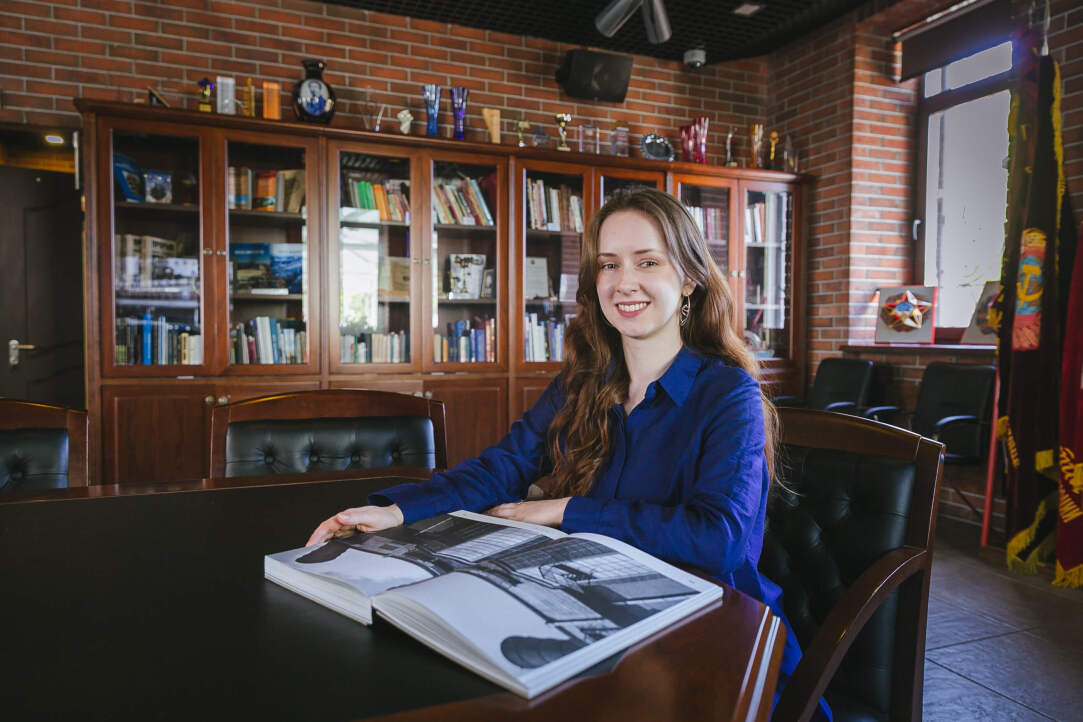
‘A Power Plant Is a Special World, Like a State within a State’
Yulia Shulenina dreamed of working at archaeological digs in Egypt but ended up researching the industrial architecture of the avant-garde. In this interview with the HSE Young Scientists project, she spoke about her passion for academic singing, Soviet-era experimental housing at Voikovskaya, and the mystery of the GRES-3 power plant in the Moscow region.

Card Index: 'Success and Self-Sustainability of the Individual in a Changing World'
To achieve success and well-being, a modern person needs to keep up with ongoing social, economic, technological and cultural changes. However, in order to adapt to these, you need to be competent, healthy and active, develop cognitive abilities, acquire new skills and maintain friendships. All of this can expand people’s capabilities, revealing their potential. The HSE's unique multidisciplinary strategic project 'Success and Self-Sustainability of the Individual in a Changing World', which brings together educators, sociologists, psychologists, economists, biologists, physicians and digital technology specialists, helps to solve some of these tasks. Working together, they have managed to create a navigation system to improve human achievements for the benefit of the whole of society.

Peacocks, Pepper, and Petrol: The Early History of Imports from Asia
Petroleum for equine care, wood oil for lighting, sandalwood for Easter celebrations, and lemons and olives for entertaining unexpected guests. Russian monasteries often used these and other eastern goods in the period leading up to and during the reign of Peter the Great. Analysing their account books leads to a revision of the traditional assumptions about the primary consumers of oriental goods in Russia. These consumers, in addition to the royal and aristocratic circles, included monastery estates, as discussed in the paper ‘“Three altyns worth of petroleum…”: Oriental goods in Russia at the second half of the 17th and early 18th century’ by historian Arthur Mustafin of HSE University. Based on his paper, IQ.HSE explores the types of goods that were shipped from the East to Russia in the latter half of the 17th to the early 18th century, including the routes and purposes of these shipments.
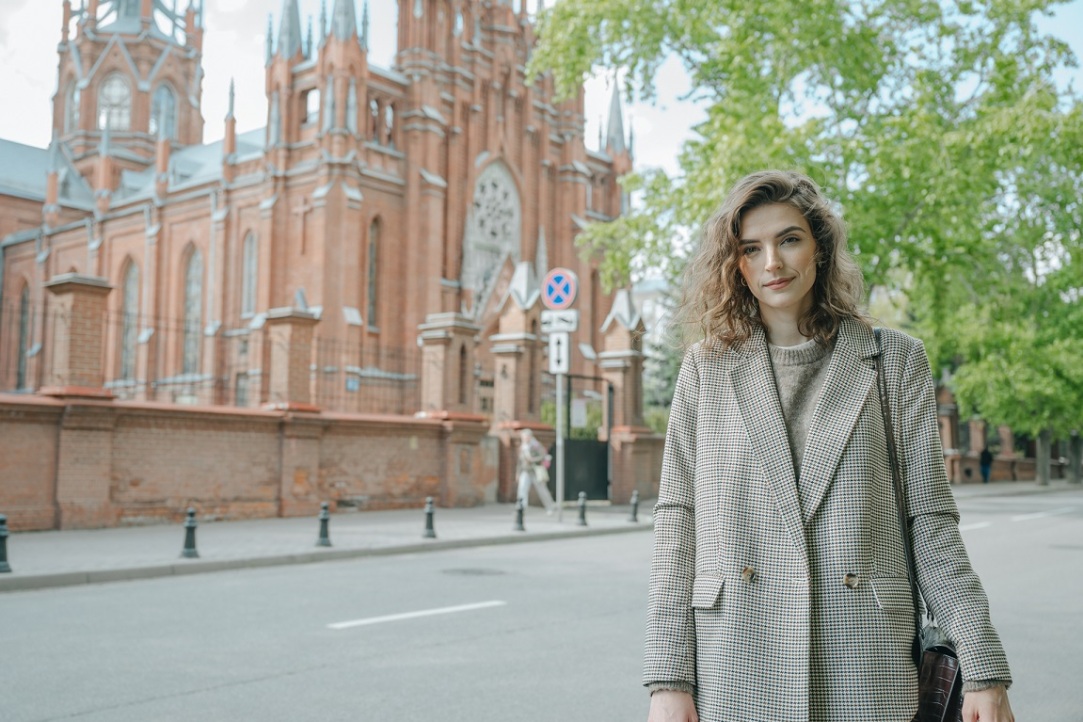
‘Progress in Life Comes when You’re More Driven than Everyone Else’
Alexandra Mamlina teaches HSE University students Italian, defends her dissertation on the Visconti of Milan, and dreams of writing an art history book about northern Italy. In an interview with the HSE Young Scientists project, she shared how Italian became part of her life, thoughts about the giants on the facade of the Duomo, and the fact that she could have been born on a lake, but instead was born on the Ob Sea.
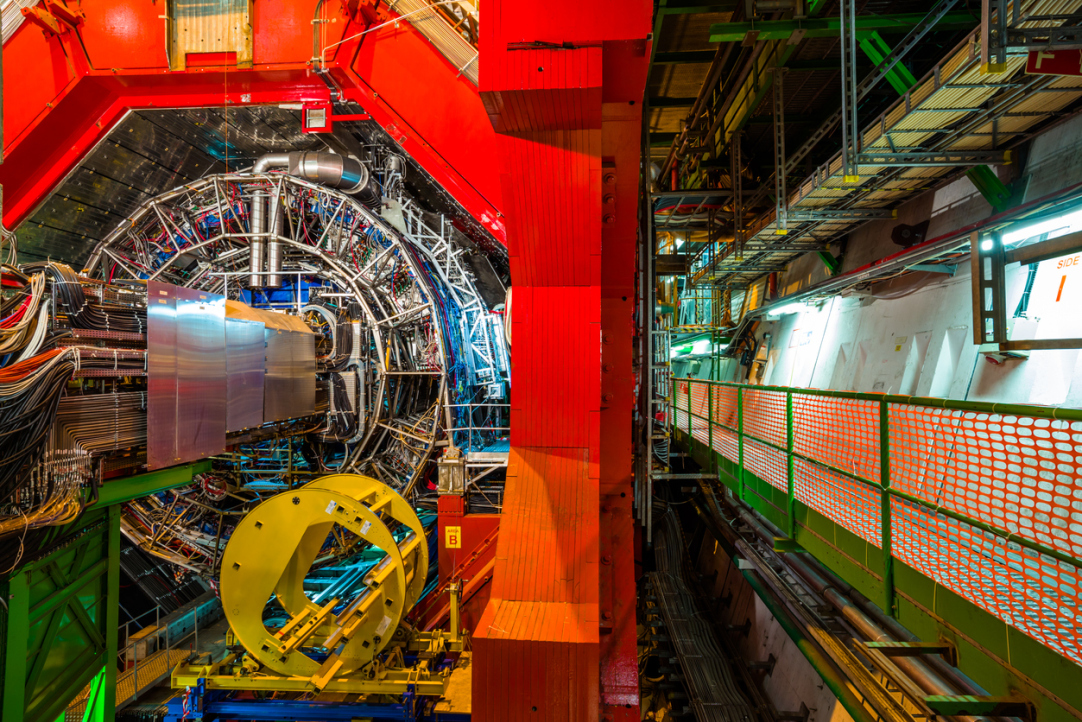
Deep Neural Networks Can Make Particle Physics Experiments Less Costly
An international collaboration including researchers from the HSE Faculty of Computer Science has proposed a new approach to designing detectors used for experiments in elementary particle physics. The novel approach, which involves differentiable programming and deep neural networks, will optimise the instruments’ performance and enhance the scientific value of the experimental results.
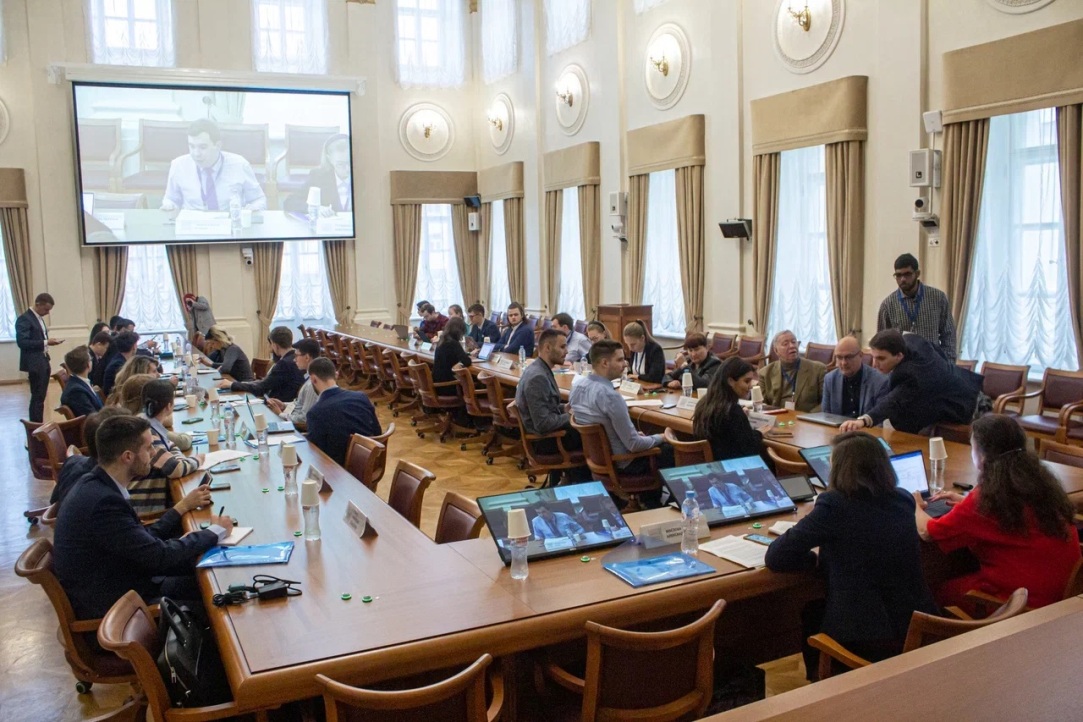
Russia and the Mediterranean: Challenges and Prospects in the Energy Sector
The interrelation between the tasks of maintaining peace, preserving sovereignty, and ensuring gas supplies, the role of external players, Russia’s strategy in relation to the energy industries in Mediterranean countries in the changed economic and political context—these and other topics were discussed by the participants of the international scientific conference ‘Russia and the Greater Mediterranean 2023. Human in the New Energy Agenda.’ Researchers from Azerbaijan, Algeria, Greece, India, Serbia, Slovenia, and Turkey took part in the conference
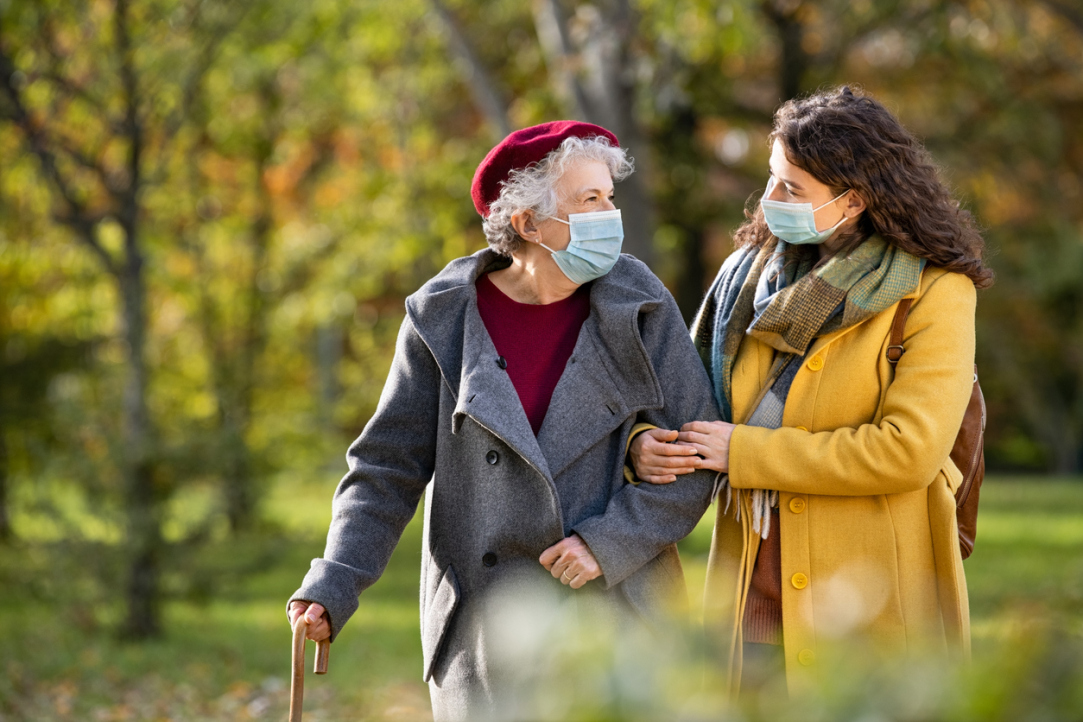
Caring for Loved Ones Motivated Young People to Wear Masks and Wash Their Hands More Often during Pandemic
Researchers from the HSE University in St Petersburg have found out what motivated young people to comply with the recommended quarantine measures during the pandemic. It turned out that willingness to protect their loved ones had the greatest effect on their behaviour. At the same time, fear of fines for not wearing masks and gloves in public places did not affect behavior in any way. The results of the study were published in the International Journal of Adolescence and Youth.
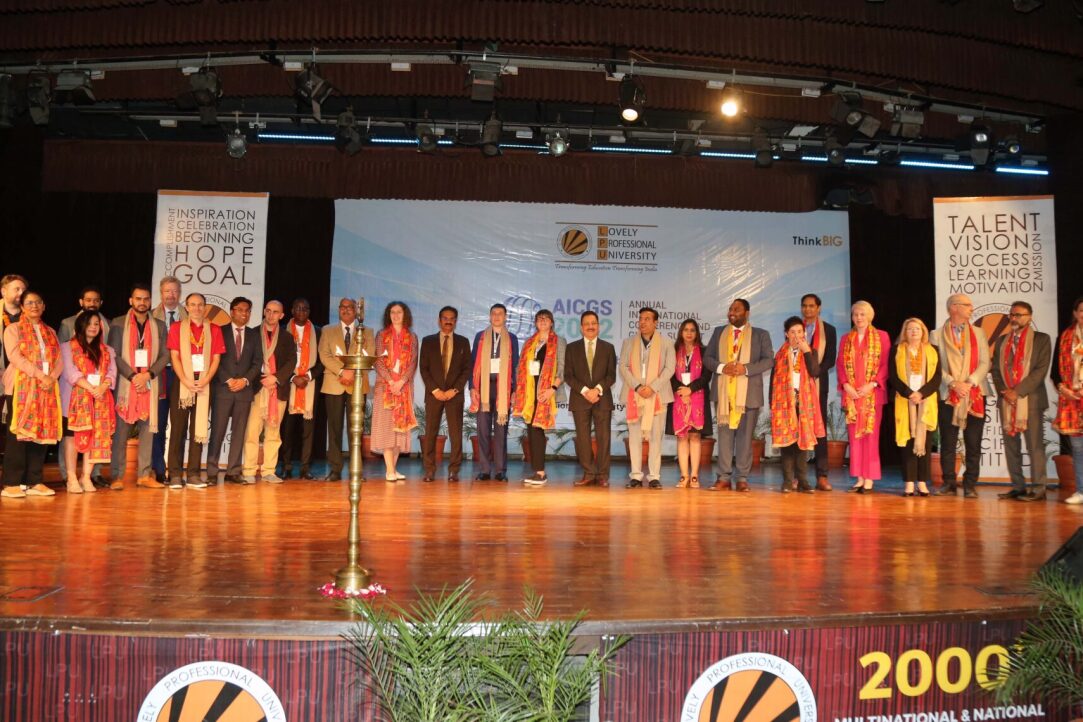
HSE in India: ‘Cooperation Is Formed by the Development of Live Communication Between People’
HSE University is taking part in the Annual International Conference and Global Summit (AICGS-2023), which began in Phagwara, India, on October 30. This year’s topic of discussion was the new model of international cooperation in the field of sustainable development, as well as the prospects and global challenges faced by universities in the development of international ties today.
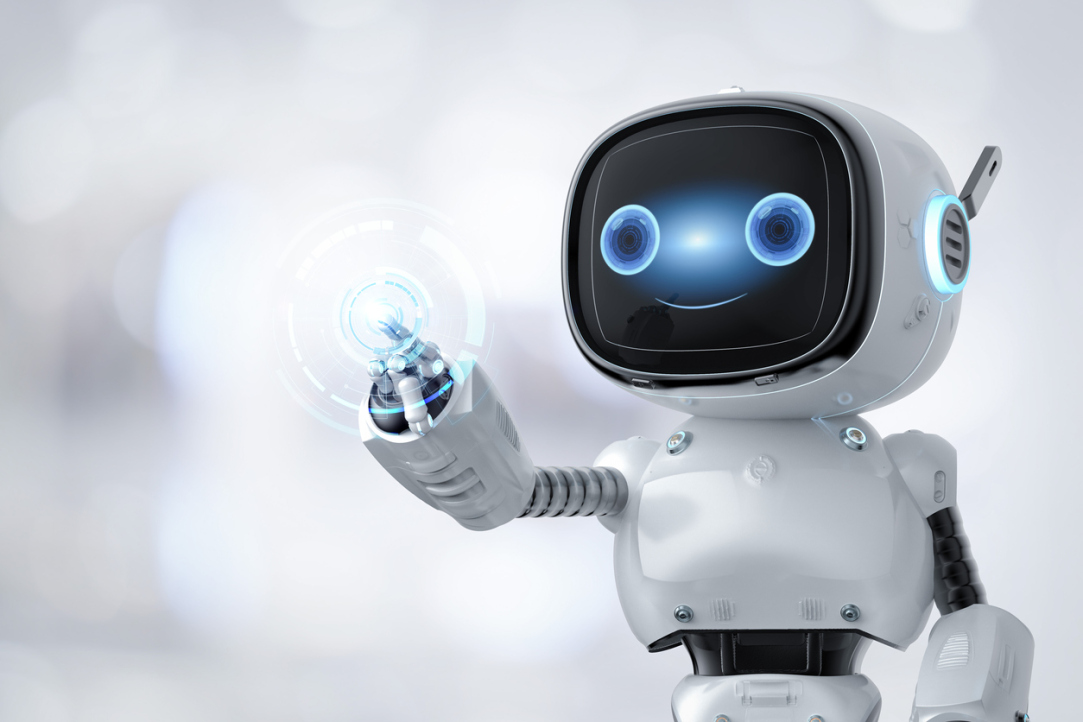
Child Ex Machina: What Artificial Intelligence Can Learn from Toddlers
Top development teams around the world are trying to create a neural network similar to a curious but bored three-year-old kid. IQ.HSE shares why this approach is necessary and how such methods can bring us closer to creating strong artificial intelligence.
.jpg)
‘My Research Has Evolved into A Broader and More Encompassing Vision’
Seungmin Jin, from South Korea, is researching the field of Explainable AI and planning to defend his PhD on ‘A Visual Analytics System for Explaining and Improving Attention-Based Traffic Forecasting Models’ at HSE University this year. In September, he passed the pre-defence procedure at the HSE Faculty of Computer Science School of Data Analysis and Artificial Intelligence. In his interview for the HSE News Service, he talks about his academic path and plans for the future.

